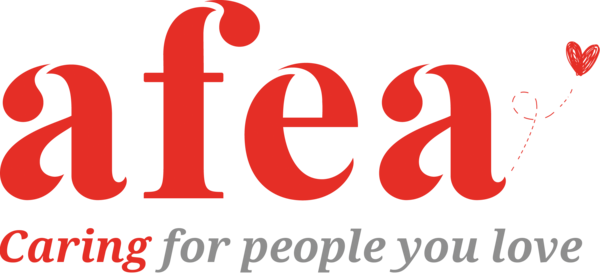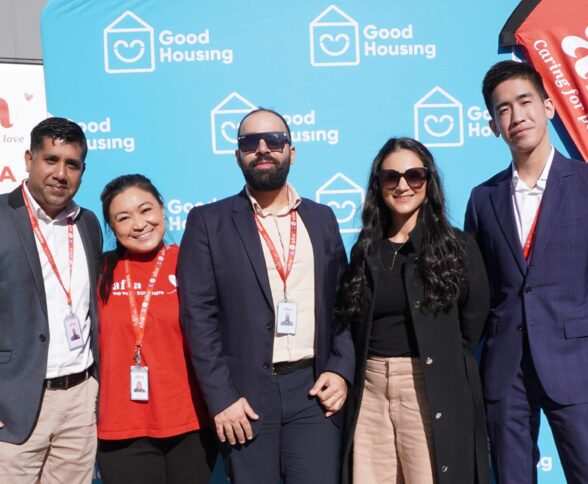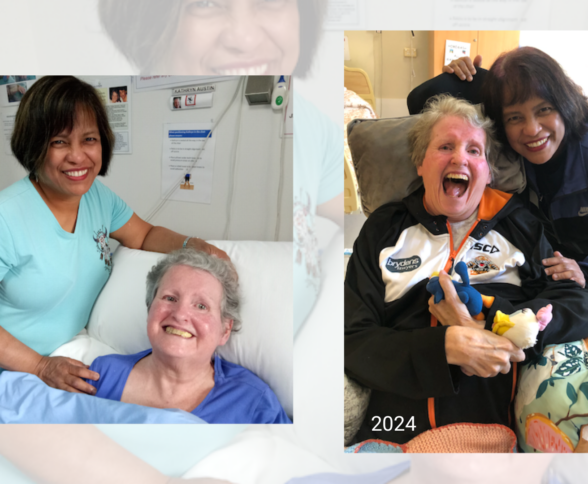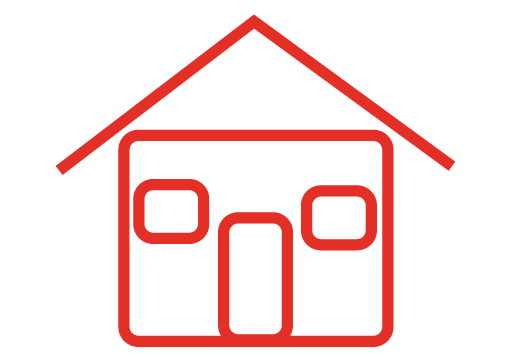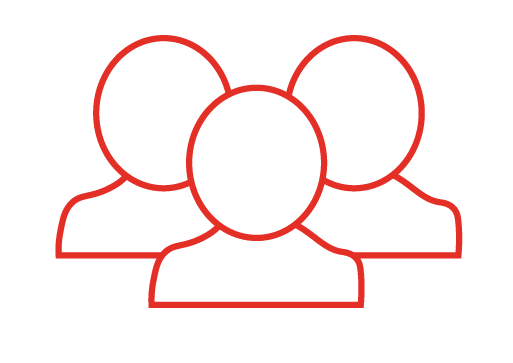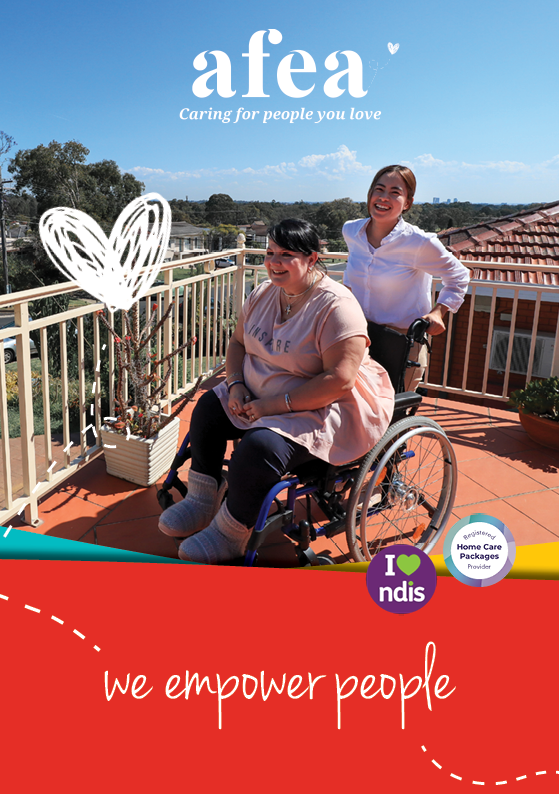A guide for NDIS participants on the new NDIS computer system
Following consultations with NDIS participants, providers and partners, the NDIA announced in 2022 that it would be designing and building a new computer system called PACE.
The Agency saw that their existing participant records system, introduced in 2016, badly needed an upgrade, and began building a more user-friendly system.
The goal is to help participants, providers and the NDIA work better together and deliver the best support to participants and their loved ones.
We are already supporting clients who are on the new PACE system, so Afea is ready to support you!
Keep reading to learn more about PACE.
Are all NDIS participants moving to PACE now?
Not all at once.
Current participants with plans expiring between November 2023 and February 2024 will transfer to PACE when they:
- need a new plan that is different to their current plan; or
- request a change to their plan that require a plan reassessment
Participants with plans that meet their needs and include the right supports may be offered the option to continue their existing plan in the existing system.
From the end of February 2024, all expiring NDIS plans will progressively transition to PACE.
The NDIA will communicate with you and, as always, Afea is here to support you.
So what’s changing?
PACE does NOT change the rules or the way the NDIS works.
However, one of the important changes with PACE is that you need to first record your providers.
Can I still choose my own providers?
Of course! As an NDIS participant, you have the right to make decisions regarding your care.
You are free to use any provider, however when you move to PACE, you need to record your providers – called my providers in PACE, previously participant-endorsed providers – to let the NDIA know that these are the providers who can receive payments from your plan funding.
You or your nominee need to record your providers when you have:
- Agency-managed supports
- Specialist disability accommodation, home and living supports and/or behaviour supports
- A plan manager
Participants would need to record their plan manager. You don’t need to record providers for your plan managed supports if you don’t want to.
Self-managing participants don’t need to record providers for their plan. If you are self-managing your plan, you are responsible for paying for your supports and keeping any invoices and bank statements for five years.
How can I record my providers?
You or your representative can do this at any time by:
- calling the NDIA on 1800 800 110
- speaking to your Local Area Coordinator or NDIS contact
If you have a Support Coordinator, your SC can do this on your behalf, if you give your consent.
You can make changes to your list of providers at any time.
How can I get a Support Coordinator in PACE?
If you have support coordination and/or recovery coach services in your plan, the NDIA can help you by sending your chosen provider a request for service.
The NDIA will send this request even if you want to keep working with the same provider, like your support coordinator from Afea.
What if my provider is not recorded?
The NDIA will automatically reject claims from providers for specialist disability accommodation, home and living supports and behaviour supports who aren’t recorded.
If a claim is made by any other provider who is not recorded, the NDIA will first check with you by SMS.
You will then need to log in to your participant portal or call the NDIS on 1800 800 110 within 6 days from when you receive the SMS. The NDIA will let you know what service the claim is for and validate the claim with you.
That’s additional admin for you, so it might be best to record your providers to avoid the hassle.

The new system also introduces some changes related to the support item groupings.
Support Types
Support Type is the highest level grouping of items. The NDIA is moving from 3 to 4 support types.
- Core
- Capacity building
- Capital
- Recurring – NEW!
Support Categories
There are now 21 support categories, up from 15.
The NDIA has split some of the existing categories to make the new categories easier to understand.
The 6 new support categories are:
- Home and Living – under the Core Support Type
- Behaviour Support – Capacity building
- Assistive Technology Repairs and Rental – Capital
- Specialist Disability Accommodation (SDA) – Capital
- Transport Recurring – Recurring
- Young People Living in Residential Aged Care (YPIRAC) – Cross Billing – Core
What’s Assistive Technology Repairs and Rental?
This is a new support category for assistive technology repairs, rental and maintenance. This new category may include funds for:
- Minor repairs and maintenance (up to $1,500)
- Major repairs (a quote may be required)
- Short term or major rental
- Minor or longer equipment trials
What’s Transport Recurring?
This is a new support category for participants who receive transport funding. (Read more about transport funding in our previous post.) If you are not eligible for this funding, you will have a zero-dollar amount against this category.
What’s YPIRAC?
YPIRAC are people under the age of 65 who live permanently in a residential aged care facility, and who may be eligible for the NDIS.
The support category YPIRAC – Cross Billing has been added so that funding can be allocated in plans for payments for residential aged care subsidies and supplements.
Will I still enjoy flexibility with my plan funding?
With PACE, you will have more flexibility.
The funding in NDIS plans will be built at the support category level.
This means budgets will be listed at the support category level as a whole dollar figure instead of line-by-line costs. This gives you more control over how you use your total budget.
Flexible budgets: Where budgets are listed as flexible, there is flexibility within and across the flexible support categories, in line with how the plan is managed.
These 4 support categories are flexible:
- Assistance with Daily Life – under Core
- Transport – Core
- Consumables – Core
- Assistance with Social, Economic and Community Participation – Core
Stated budgets: Where budgets are listed as stated, there is only flexibility within the support category.
These 17 support categories have budgets listed as stated:
- Home and Living – under Core
- Assistive Technology – Capital
- Assistive Technology Repairs and Rental – Capital
- Specialist Disability Accommodation (SDA) – Capital
- Home Modifications – Capital
- Support Coordination and Psychosocial Recovery Coaches – Capacity Building
- Improved Living Arrangements – Capacity Building
- Increased Social and Community Participation – Capacity Building
- Finding and Keeping a Job – Capacity Building
- Relationships – Capacity Building
- Behaviour Support – Capacity Building
- Health and Wellbeing – Capacity Building
- Lifelong Learning – Capacity Building
- Choice and Control – Capacity Building
- Improved Daily Living Skills – Capacity Building
- Transport Recurring – Recurring
- YPIRAC – Cross Billing – Core
We will continue to update you as the PACE rollout progresses.
Learn More:
Progressing towards our new Information and Communication Technology (ICT) business system | NDIS
Support catalogue | NDIS Improvements
Participants | NDIS Improvements
We stay updated on all things NDIS! If you need a helping hand, contact our team of experts to start services with Afea.
- Our Carers/support workers can provide a variety of support, from daily personal care to assisting you 24/7 at our Supported Independent Living homes
- Afea’s Support Coordination team can help you prepare for your NDIS planning meeting and connect you with providers
- Afea’s Plan Management team can help you maximise your NDIS funding by keeping track of your spending and paying your providers on time
